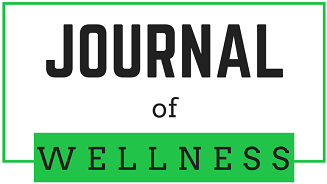
Abstract
Introduction: Researchers have noted an association between maturity and well-being. However, this body of research uses different measures and conceptualizations of maturity (e.g., ego development, psychosocial maturity) and often only a few indicators of well-being. In the present research, we examined associations between a single self-rated measure of maturity and a variety of different indicators of well-being. Furthermore, we examined this association across a variety of samples. We hypothesized that maturity will show a positive relationship with measures related to well-being.
Methods: Samples of college students (Studies 1, 3, 4), Star Wars fans (Study 2), and individuals in the U.S., Canada, Brazil, Vietnam, and India (Study 5) completed a short measure of maturity and measures related to well-being.
Results: Across the studies, self-rated maturity was consistently positively correlated with various indicators of well-being (e.g., psychological, physical) and related constructs (e.g., self-compassion, empathy).
Conclusion: The results highlight the association between maturity and well-being. Furthermore, the results address the fragmented nature of this association in the literature by showing consistent relationships with a variety of well-being indicators with a single measure of maturity. Assessments of maturity may be beneficial in hiring decisions and student evaluation in the healthcare profession.
DOI
10.18297/jwellness/vol2/iss2/10
Recommended Citation
Reysen, Stephen; Plante, Courtney N.; Lam, Truong Quang; Kamble, Shanmukh V.; Katzarska-Miller, Iva; Assis, Natalia; Packard, Grace; and Moretti, Eduardo Gregolin
(2020)
"Maturity and Well-Being: Consistent Associations Across Samples and Measures,"
Journal of Wellness: Vol. 2
:
Iss.
2
, Article 10.
DOI: https://doi.org/10.18297/jwellness/vol2/iss2/10
Available at:
https://ir.library.louisville.edu/jwellness/vol2/iss2/10
